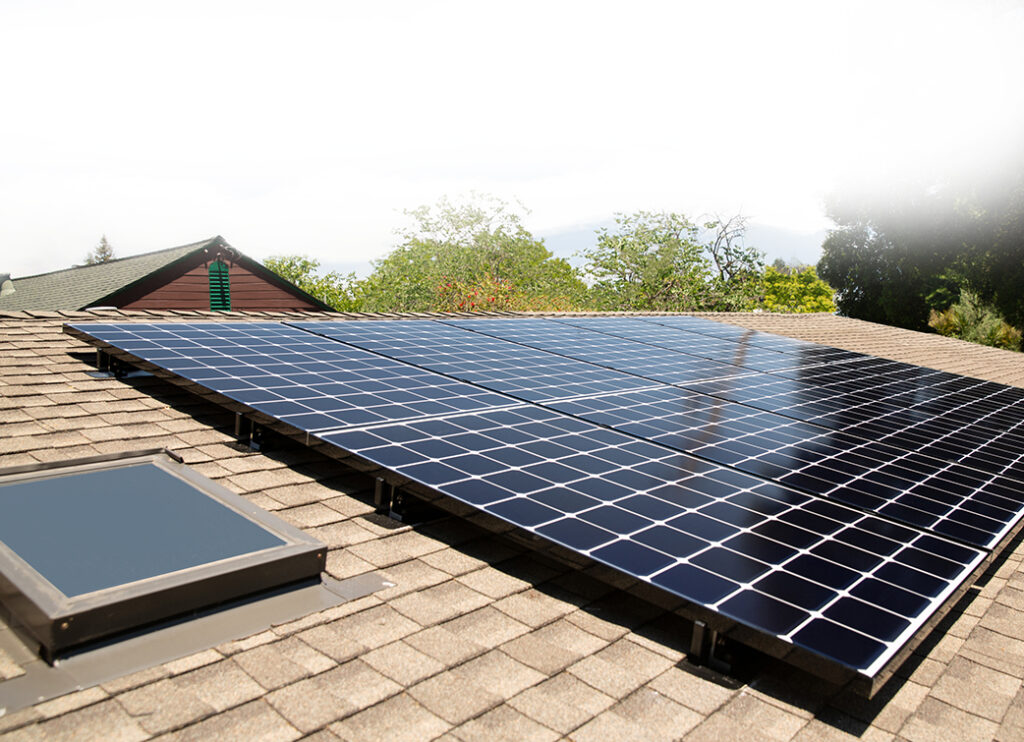Yes, the power generation efficiency of solar panels can be affected by outdoor temperature. Solar panels operate based on the photovoltaic effect, which is the process of converting sunlight into electricity. While solar panels are designed to capture sunlight and convert it into usable energy, temperature can impact their performance in the following ways:
- Temperature Coefficient: Solar panels have a temperature coefficient, which is a parameter that describes how their efficiency decreases as the temperature increases. This coefficient varies depending on the type of solar technology (monocrystalline, polycrystalline, thin-film, etc.). In general, as temperatures rise, the efficiency of most solar panels decreases, resulting in a lower power output.
- Heat-Related Losses: Solar panels generate electricity through the movement of electrons, and higher temperatures can lead to increased resistance within the panel’s materials and connections. This increased resistance can cause energy losses and reduce the panel’s overall efficiency.
- Thermal Behavior: Solar panels are designed to absorb sunlight and convert it into electricity. However, some of the absorbed sunlight can also cause the panel itself to heat up. This heat can lead to a decrease in efficiency. While some solar panels have designs that allow for better heat dissipation, high temperatures can still impact performance.
- Cooling Effect in Certain Conditions: While higher temperatures generally decrease efficiency, in some cases, solar panels can experience a slight increase in efficiency due to improved electron mobility in warmer conditions. However, this effect is usually small compared to the efficiency decrease caused by temperature-related losses.
It’s important to consider that solar panels are rated under standard test conditions (STC), which include a specific set of conditions such as a certain irradiance level, temperature, and air mass. The efficiency values provided by manufacturers are typically based on these standardized conditions. In real-world outdoor conditions, temperatures can vary widely, impacting the actual power output of solar panels.
To mitigate the impact of temperature on solar panel performance, here are some strategies:
- Proper Installation: Ensure that solar panels are installed with adequate ventilation and proper spacing to allow for heat dissipation.
- Cooling Techniques: Some systems incorporate cooling mechanisms, such as air or water cooling, to keep solar panel temperatures within an optimal range.
- Shading: Minimize shading and keep panels as cool as possible by positioning them to receive direct sunlight and avoiding obstructions that can cast shadows.
- Choosing High-Quality Panels: Higher-quality panels may have better thermal management features that help maintain efficiency in varying temperature conditions.
In summary, outdoor temperature can indeed affect the power generation efficiency of solar panels. While they might experience some benefits in certain conditions, the general trend is that higher temperatures tend to decrease the efficiency and power output of solar panels


